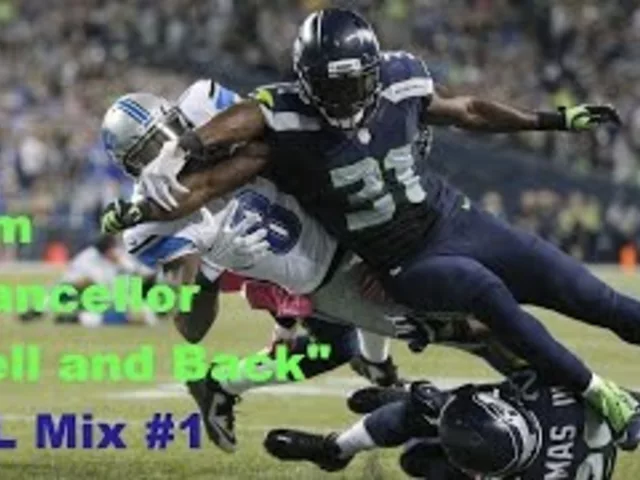The Origin of Monday Night Football
Before we delve into the reasons why the NFL has Monday Night Football, let's take a trip down memory lane and explore its origin. Monday Night Football was first aired on September 21, 1970, and it was a revolutionary move by the NFL to shift a game to a weekday. This strategic move was made to attract a larger audience by broadcasting during prime time when most families are home.
The Role of Television
Television played a significant role in the institution of Monday Night Football. During the 1970s, television was becoming a household staple, and the NFL saw a golden opportunity to reach a wider audience. Broadcasting games on Monday nights allowed the NFL to dominate prime time viewership, and it wasn't long before Monday Night Football became a cultural phenomenon.
Attracting More Viewers
One of the primary reasons why the NFL has Monday Night Football is to attract more viewers. During the weekends, particularly on Sundays, there are several games being played simultaneously. This makes it challenging for fans to keep track of all the games. By having a game on Monday night, the NFL ensures that all the attention is on that particular match, thereby increasing viewership.
Prime Time Advertising
Monday Night Football is not just about the game; it's also about the advertising. Monday night prime time provides the perfect platform for advertisers to reach a large audience. Advertising revenue is a significant source of income for the NFL, and by having games on Monday nights, they have successfully created a highly profitable advertising slot.
Cultural Impact and Tradition
Over the years, Monday Night Football has become more than just a game; it has become a cultural tradition. Families and friends gather to watch the game, making it a social event. For many, the week starts with Monday Night Football. The NFL continues to hold games on Monday nights to uphold this tradition and to further strengthen its cultural impact.
Competitive Balance
Another reason why the NFL has Monday Night Football is to maintain competitive balance. By spreading games across the week, the NFL ensures that teams get adequate rest and preparation time. This scheduling helps maintain a level playing field for all teams.
Increased Revenue for Host Cities
Monday Night Football also brings economic benefits to the host cities. Fans traveling to watch the game contribute to the local economy by spending on accommodation, food, and other services. The national exposure also promotes tourism in the host cities. Thus, Monday Night Football not only benefits the NFL but also stimulates local economies.
Special Games and Rivalries
Monday Night Football is often reserved for special games and intense rivalries. These high-stake games attract a larger audience and heighten the excitement and anticipation. By scheduling these games on Monday nights, the NFL ensures maximum viewership.
The Future of Monday Night Football
Looking ahead, it seems Monday Night Football is here to stay. With its immense popularity and cultural significance, it will continue to be a strategic tool for the NFL to attract viewers and generate revenue. As long as the fans keep tuning in, Monday Night Football will continue to be a staple of American sports culture.
